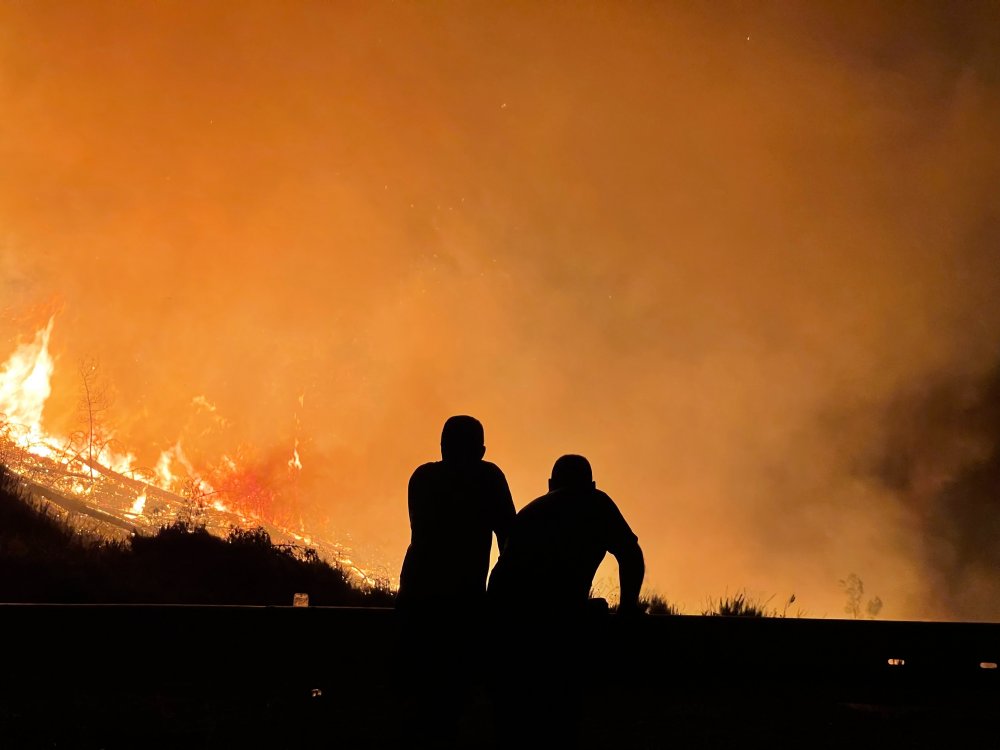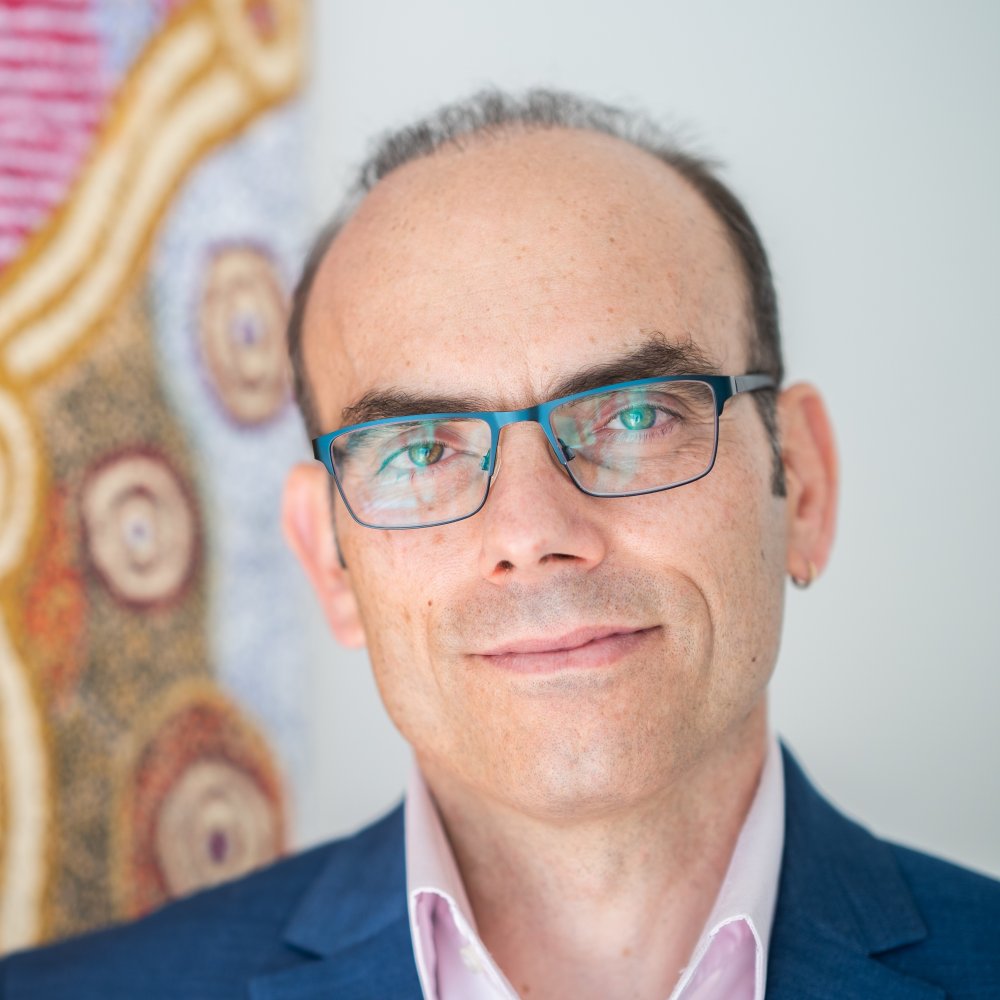In early March the Australian government declared a national state of emergency in the wake of devastating floods on the east coast. The frequent devastating forest fires will also increase sharply due to climate change, says a UN report. So far, the country has been blamed for making only limited efforts to combat climate change and for not yet recognizing it as a health crisis.
This might change. Recently the Australian government has announced to pour $10 million (€9.18 million) over the next five years into the NHMRC Healthy Environments And Lives (HEAL) National Research Network to model the impact of climate change on the health system.
Including indigenous people
The HEAL Network, is a coalition of 100 investigators and more than 30 organizations from across Australia to address environmental change and its impacts on health. The particularity: It combines Aboriginal and Torres Strait Islander wisdom, sustainable development, epidemiology, data science and communication.
With their more than 60.000-year long track record Aboriginal and Torres Strait Islander are experts in caring for their country and successfully adapting to environmental changes and therefore a precious source of inspiration and knowledge for the HEAL Network. Climate change presents an opportunity for adress and empowerment for those communities. So far Aboriginal and Torres Strait Islander people have not been sufficiently included in national conversations about environmental change. HEAL furthermore seeks to address fundamental injustice like the access to sustainable solutions, such as clean energy and climate-resilient housing, across all Australian communities.
The state funding is „a Precedent“, says the director of HEAL Sotiris Vardoulakis. Vardoulakis also works as a professor of Global Environmental Health at the Australian National University (ANU). Towards „medinlive“ he describes the current threats and potentials in Environmental Health in Australia.
medinlive: Prof. Vardoulakis, Australia has long been considered a latecomer on climate policy. Is the issue now gaining momentum?
Vardoulakis: In Australia, there has been limited funding in this area for a long time. Currently, our institute has received substantial funding through government grants. It is the biggest investment in environmental health that the government has made in many years. Also, this reflects the need for research in this area and the need to create more research capacity in this area.
medinlive: What is the current situation regarding research capacities?
Vardoulakis: In general, we need much more capacity, not only in the research of environmental health but also in practice. This involves, for example, working with communities to prevent the dangers of climate change, such as the transmission of diseases. This requires certain skills, not only research skills and quantitative skills but also interpersonal skills are required to work with communities, particularly indigenous people in Australia. Aboriginal people are not only affected by climate change, they also possess a great amount of traditional knowledge, which can be very helpful for the research process.
medinlive: What topics does your research institute explore?
Vardoulakis: In my research, I cover a range of aspects of environmental health - from air quality to extreme events to climate change. Here in Australia, we recently had a lot of extreme weather events, like floods and bushfires, which are a consequence of climate change. We are seeing more of these extreme events. Under current climatic conditions, we are likely to see these events become more frequent and severe in the future. Moreover, there are many other issues in this area that have been slowly boiling over a longer period, such as soil contamination, and water contamination, which can also pose a threat to health as well. Environmental health generally deals with characterizing and quantifying the effect of environmental conditions on health.
medinlive: Speaking about Coronavirus and zoonoses. Where do we stand with our knowledge of the interactions between human interventions and the ecosystem?
Vardoulakis: We know that environmental changes have an impact on the spread and distribution of infectious diseases. These viruses are sensitive to environmental and weather changes, such as humidity, and temperatures. All these factors affect the transmission of Covid-19 and other infectious diseases. The environmental change also affects mosquito-borne diseases, such as dengue or malaria transmission, and also respiratory viruses. What is important to state in terms of the transmission of Covid-19 is the indoor environmental condition. We know that we need more ventilation and rigorous hygiene standards in private households, but also in public buildings like schools, hospitals, universities, and shopping centers.
medinlive: Regarding scientific methods. Is it difficult to bring causality proof in the field of environmental health?
Vardoulakis: It is challenging, but there are some methods to establish causality. Typically, one applies a range of methods, including experimental and statistical. A lot of environmental and climate change impacts are multifactorial, so many factors can affect disease transmission or the development of chronic diseases.
medinlive: And the scientific evidence is then often problematic when it comes to justifying the importance of the issue to policymakers?
Vardoulakis: That's a concern, of course. In some places, policymakers question some of the evidence, but what's important is the policy framing in those questions. Many policies that improve the environment also have other positive effects on health, the environment, and the economy, so they have multiple benefits. It is not a question of causality or direct benefit to a particular health endpoint, but multiple benefits to society. For example, when sidewalks and bike lanes are improved in cities, air pollution, and greenhouse gas emissions are reduced, and at the same time physical activity, cardiovascular system, and mental health improve, also cities become more livable. The same is true for renewable energy, and solar energy, and the same applies to healthier diets, which will reduce the greenhouse gases in the agriculture sector.
medinlive: What about the connection between environmental health and mental health? Is more light being shed on this area?
Vardoulakis: Absolutely. This is an area that is being increasingly researched. It's increasingly recognized that many environmental impacts, such as floods, fires, and climate change in general, environmental stressors, can have effects on mental health. And these effects can be long-lasting. Families who have been affected by flooding, for example, may experience long-term mental health consequences, not just after the event. These effects are less quantified, so it's important to strengthen research here.
Sotiris Vardoulakis is the Director of the NHMRC Healthy Environments and Lives (HEAL) National Research Network, and Professor of Global Environmental Health at the Australian National University.
HEAL aims to be a model for integrated research which involves respectfully bringing together Aboriginal and Torres Strait Islander knowledges and culture with Western knowledges, and a dynamic, transparent and inclusive governance structure that will nurture future research leaders. A key component of the HEAL Network is the development of Communities of Practice (local knowledge exchange forums), including researchers, practitioners, Indigenous and other community organisations, charities, businesses, and decision makers in all Australian jurisdictions.
The Australian Medical Association and Doctors for the Environment Australia have called on the Australian health care sector to reduce its carbon emissions to net zero by 2040, with an interim emission reduction target of 80 percent by 2030.

